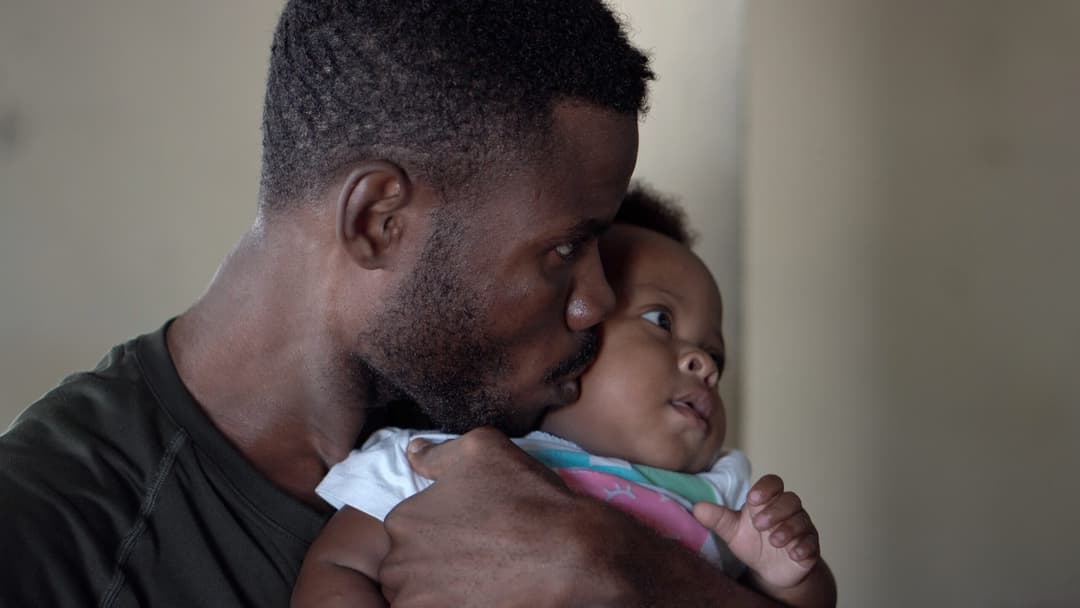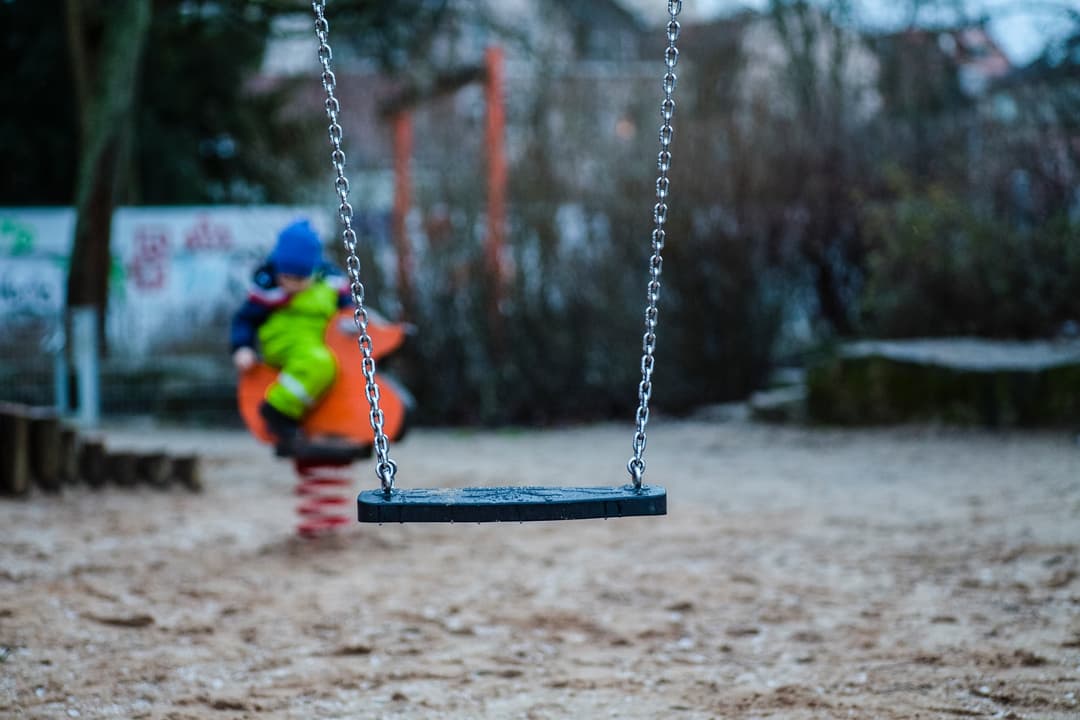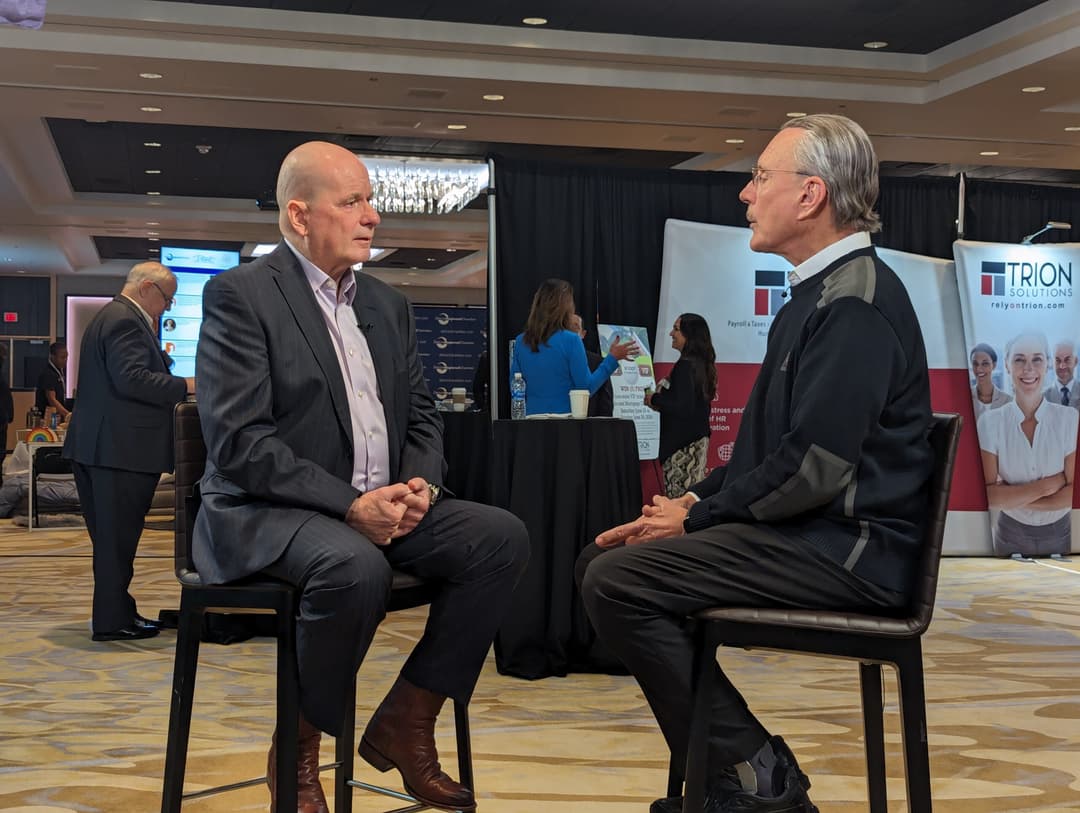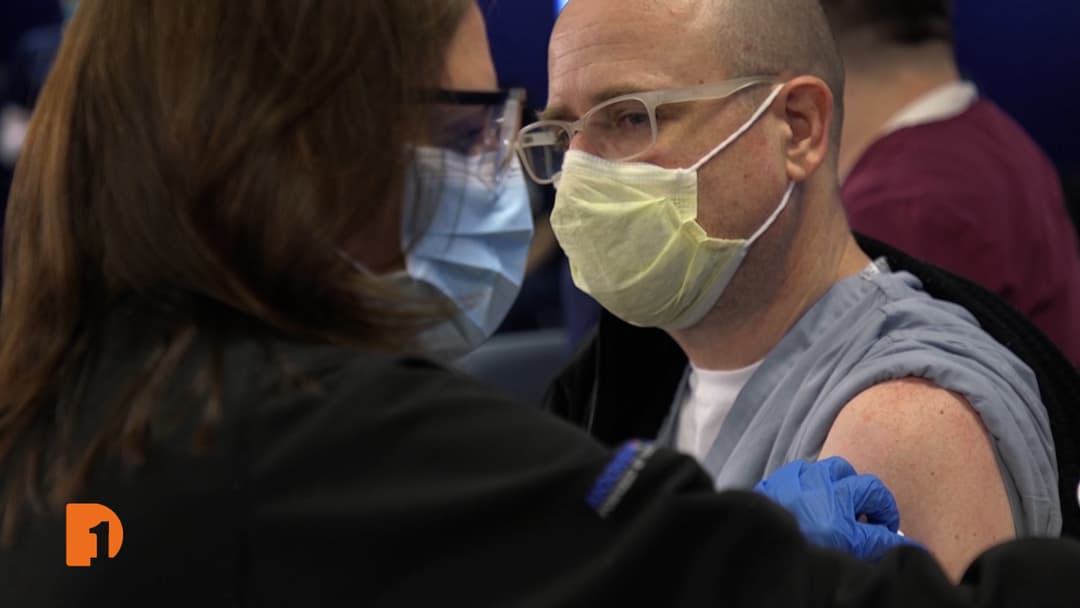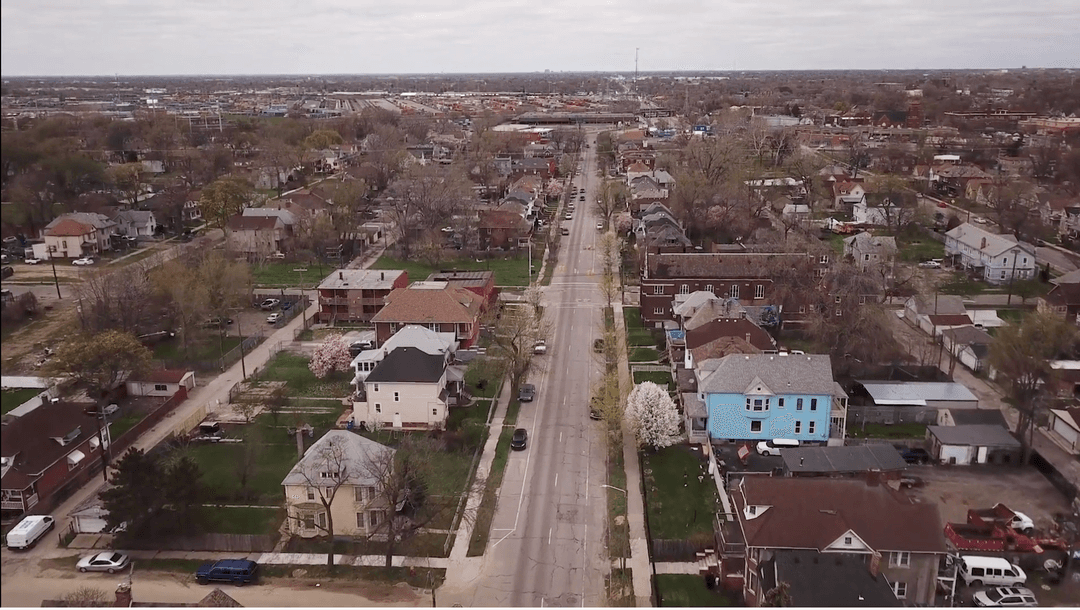Michigan’s health declines: Below-average outcomes, disparities and funding gaps pose challenges for the state
Aug 10, 2023
Michigan’s Path to a Prosperous Future, the third in a series of five reports by the Citizens Research Council and Altarum looking at Michigan‘s future prosperity, has revealed some startling insights about Michigan’s health trends. According to the report, Michiganders are, on average, less healthy than other states in many categories such as life expectancy, self-reported health status, and mental health.
These declining health rates become more staggering considering the wide disparities between races, socioeconomic status, and where someone lives, adding that life expectancy can vary as much as 29 years from one neighborhood to another. Infant mortality rates are another widely disproportionate statistic, with Black infant mortality rates being 2.7 times higher than White rates.
RELATED: Pregnancy-related deaths affecting Black mothers at disturbing rates
RELATED: Michigan Department of Civil Rights focuses on health equity at second annual Civil Rights Summit
These issues in healthcare may also be impacted by Michigan’s aging population and the decline of young people moving to or staying in the state, the CRC report states. The lack of youth may also add to the growing health problems due to a projected scarcity of caregivers. Michigan did rank favorably, compared to the national average, in the traditional healthcare sector, showing much of the state is insured, has lower-than-average healthcare costs, and boasts a higher-than-average physician count, though resources are not equally dispersed across the state.
Director of the Department of Health, Human, and Veterans Services at Wayne County, and former gubernatorial candidate, Dr. Abdul El-Sayed joins One Detroit producer Will Glover to talk about the report’s findings and what it means for residents across the state. Dr. El-Sayed shares his concerns about where Michigan’s healthcare is trending and explores how public policy and the environment one lives in can also contribute to poor health.
Full Transcripts:
Will Glover, Producer, One Detroit: Is it true to say that Michigan’s healthcare outcomes have been sliding over the past couple of decades?
Dr. Abdul El-Sayed, Director, Wayne County Department of Health, Human, and Veteran Services: Well, I really appreciate the question because I think it allows us to think a little bit about some of the context. We, as a state, are struggling to attract and keep people here. And it turns out that people want to go to places where they can live their healthiest and happiest lives. And one of the challenges that we sometimes have in Michigan is that we haven’t necessarily built a lot of the infrastructure that we need for people to be able to do that thing.
And that’s not just hospitals. I mean, I want you to think about when you go to a hospital. You don’t go to a hospital or a clinic when you’re feeling well. You go there after you get sick in the first place. And so it’s not about just providing the means of people to get healthy after they’ve been sick. It’s about keeping them healthy in the first place.
Part of the challenge that we have in Michigan is, unfortunately, we have not necessarily built what we need to be able to do that, whether it’s the kind of density of healthy foods or a walkable environment, or even clean air. And I want to be specific here. For a lot of Michiganders, those things are readily available, but for too many Michiganders, they’re not. And too often those things are patterned by race and by income.
And so you end up having pockets of our state where too often people are breathing dirty air, they have questionable access to clean water, and they can’t necessarily get around. We think about the brutal interplay between an unwalkable community and then the fact that insurance rates for cars are so high and that puts you in a position where you have to ask, how do I even get to work?
Will Glover: In Michigan, the Citizens Research Council (CRC) report highlights that the life expectancy variation from one neighborhood to another can be as much as 29 years. That, to me, is a very staggering number. How is that variation possible?
Dr. Abdul El-Sayed: That kind of thing. That injustice of having a longer access to a healthier life ought to be something that all of us step back and really, really ponder upon. It is about all of the circumstances in a daily life that benefit health in one community and really can take it away in another.
It starts with the simple air we breathe. One project we just kicked off here at Wayne County is about building an air monitoring network simply because we know that while all of us have had to think a little bit more about our air over the past several weeks, given the Canadian wildfires, there are a lot of communities, particularly in southwest Detroit, places like River Rouge or South Dearborn, where they’ve got to think about air quality every single day. And if the very air you breathe that you’re extracting oxygen from also brings with it pollutants that are going to damage your lungs and damage your heart and damage your kidneys, not just for adults and seniors, but for children as they are building their body in the first place, you got to imagine how that hobbles folk.
Then you think about the access to a walkable environment. We know what we call neat or non-exercise activity is one of the most important predictors of overall physical health. It’s not just going for a run or exercising for half an hour, an hour, every day, or every other day. It’s also just how much activity you get in your daily life as a function of the life that you live.
Now in Michigan, obviously, we’re a community that was built by the automotive industry and so everything was funneled in that direction. So rather than being able to walk to the bus stop, get on a bus, walk from the bus stop to work every day, and do that sustainably, unfortunately, our public transit systems just haven’t been invested in in the way needed to be able to allow for public transit and all the activity that comes with that.
Will Glover: If we change our ways, if we start to address the issues that we need to address, what could our future look like?
Dr. Abdul El-Sayed: One of the most important things that really does benefit public health, considering the fact that right now one of the major killers is mental illness, whether that comes out in suicide or that comes out in substance use. One of the most important features of daily life that matter to us is one another and the ability to look one another in the eye and have a real-life conversation where we can read and feel one another’s emotions. And a healthier society, a place where we’ve invested in public spaces, for example, that make coming together easier and more enjoyable is a more joyful life. And health is joyful.
Being healthy and being able to live to the full extent of your capacities is a joyful thing. And so the lived experience of being healthier collectively is that we have one another more and that we have more of ourselves to be able to enjoy one another and to be able to enjoy the lives that we lead. And I think that’s what’s at stake. And so I just want folks to appreciate that these- when we talk about health statistics, it’s easy to just think about a bunch of numbers. And people don’t really quite care what the number of life expectancy is, but they do care about what the experience of living in a society where more of us are healthy ought to be.
And I think that just becomes a more joyful, more collectively oriented and engaged society where we spend more time with one another and the people that we love and we’re able to take advantage of those 29 years of life that some people don’t get to lead right now, leading that together. And I think that’s what life is about… Is spending meaningful time with the people that you love. And when some people lose 29 of their years and you think about the pockets where that’s concentrated, we are literally robbing ourselves not just of health, but the joy that living can offer. And that is a question of public policy.
And I know a lot of folks think, well, health is about what I choose to do. It’s about the food that I eat or the exercise that I choose to do. Yeah, those are all true. And no doctor is ever going to tell you don’t eat healthy and don’t exercise. But the choice to do those things doesn’t actually exist evenly for everybody.
Stay Connected:
Subscribe to One Detroit’s YouTube Channel & Don’t miss One Detroit Mondays and Thursdays at 7:30 p.m. on Detroit PBS, WTVS-Channel 56.
Catch the daily conversations on our website, Facebook, Twitter @DPTVOneDetroit, and Instagram @One.Detroit
View Past Episodes >
Watch One Detroit every Monday and Thursday at 7:30 p.m. ET on Detroit Public TV on Detroit Public TV, WTVS-Channel 56.
Stay Connected
Subscribe to One Detroit’s YouTube Channel and don’t miss One Detroit on Thursdays at 7:30 p.m. and Sundays at 9 a.m. on Detroit PBS, WTVS-Channel 56.
Catch the daily conversations on our website, Facebook, Twitter @OneDetroit_PBS, and Instagram @One.Detroit
Related Posts
Leave a Reply
Your email address will not be published. Required fields are marked*






